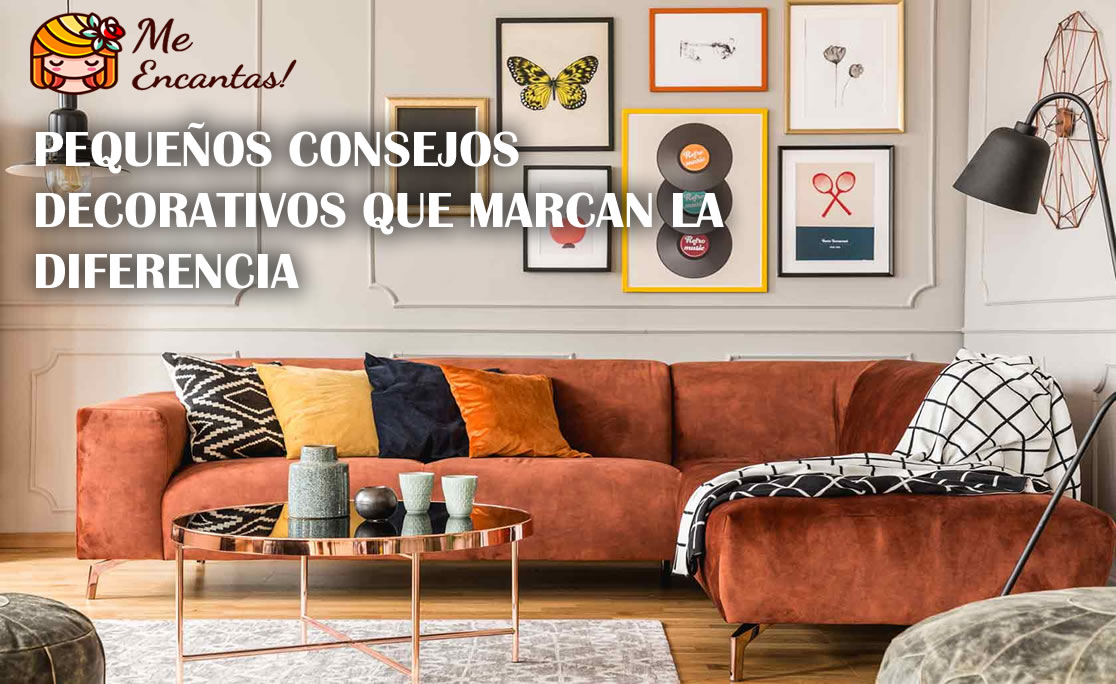Introduction
Home is where the heart is, and decorating it should reflect your personality and style. Whether you’re moving into a new space or simply want to refresh your existing decor, the right tips can make all the difference. In this guide, we’ll dive into the essential home decoration tips you need to transform your space into a haven of comfort and creativity.
Understanding Your Space
Assessing Your Needs
Before diving into decoration, it’s crucial to assess your needs and preferences. Consider the following:
- What activities take place in each room?
- How many people live in the space?
- Do you have children or pets that might influence your choices?
Measuring Your Space
Understanding the dimensions of your rooms is vital. Here’s a quick checklist:
- Measure each wall and note any architectural features that might affect your layout.
- Take note of window placements for natural light considerations.
- Consider traffic flow; how people will move through the space needs to guide your choices.
Choosing a Color Palette
The Psychology of Color
Colors can evoke emotions and set the mood of your space. Here are some popular color meanings:
| Color | Meaning |
|---|---|
| Blue | Calm and serene |
| Yellow | Cheerful and bright |
| Green | Relaxing and rejuvenating |
| Red | Passionate and energetic |
| Neutral | Balanced and sophisticated |
Creating a Cohesive Look
When selecting colors, aim for a palette that flows from one room to the next. A harmonious color scheme can make your space feel larger and more inviting.
Furniture Selection and Arrangement
Choosing the Right Pieces
Select furniture that meets both your style and functional needs. Consider:
- Size: Ensure furniture fits comfortably without overcrowding the room.
- Style: Choose pieces that reflect your personal taste.
- Comfort: Don’t sacrifice comfort for aesthetics; a beautiful chair should also be a comfortable one.

Arrangement Tips
Here are some arrangement tips that can help you maximize your space:
- Start with the largest pieces first and build around them.
- Ensure there’s enough space for movement; 18 inches is a good rule of thumb for walkways.
- Anchor your furniture—use area rugs to define spaces and create zones.
Decorative Accessories and Textiles
Adding Personality with Decor
Accessories like art, plants, and decorative pieces add character to your home. Here are some essentials:
- Artwork: Choose pieces that resonate with you and complement your color scheme.
- Plants: Bring life into your space with greenery; they improve air quality and enhance aesthetics.
- Textiles: Incorporate cushions, throws, and curtains to add texture and warmth.

Layering Textures
Mixing different textures can create depth and interest. Try combining smooth fabrics, rough wood, and shiny metals to achieve a balanced look.
Lighting Matters
Types of Lighting
Good lighting is essential to any decorating effort. Understand the three main types of lighting:
- Ambient Lighting: General illumination that fills the space.
- Task Lighting: Focused lighting for specific activities, like reading or cooking.
- Accent Lighting: Decorative lighting that highlights certain features, like artwork or architecture.

Layered Lighting Techniques
Mix these lighting types to create a warm, inviting atmosphere. Using dimmers can also help adjust the mood of a room according to the time of day.
Storage Solutions for a Clutter-Free Home
Maximizing Space
Effective storage solutions are essential for keeping your home organized. Here are some innovative ideas:
- Use multi-functional furniture, such as ottomans with storage inside.
- Install shelves to utilize vertical space.
- Incorporate decorative baskets for easy access and stylish storage.

Personalizing Your Space
Incorporating Memories
Your home should tell your story. Display family photos, travel souvenirs, or heirloom pieces that reflect your journey and values.
DIY Projects
Don’t shy away from DIY! Creating your own decor can add a unique touch and save money. Consider:
- Painting furniture for a fresh look.
- Making your own wall art using canvas and paint.
- Upcycling old items into new decor pieces.

Maintaining Your Decor
Regular Upkeep
Maintenance is key to keeping your home looking its best. Here are a few tips:
- Regularly dust and clean surfaces to keep them fresh.
- Rearrange decor every few months to keep things feeling new.
- Check for any wear and tear and address it promptly.
Common Mistakes to Avoid in Home Decoration
Not Measuring Your Space
A common oversight is failing to measure your space before purchasing furniture. This can lead to overcrowding or mismatched scales.

Ignoring the Flow of the Home
Ensure that your furniture arrangement allows for easy movement through the space; a well-flowing room feels more comfortable.
Conclusion
Decorating your home can be a fulfilling journey when you fill it with your personal touch and style. By considering your needs, choosing the right colors and furniture, and incorporating meaningful decor, you can create a space that brings you joy and comfort. So grab a paintbrush, a fabric swatch, or your favorite art piece – it’s time to make your space truly yours!

FAQs about Home Decoration
What are the best colors for a small room?
Light colors tend to make a room feel larger and more open. Soft pastels or neutral tones can create an airy feeling.
How can I decorate on a budget?
Consider DIY projects, thrift store finds, and repurposing items you already own for a budget-friendly way to decorate.
What is the 60-30-10 rule in interior design?
This rule suggests using 60% of a dominant color, 30% of a secondary color, and 10% of an accent color to create a balanced color scheme.
How often should I change my decor?
There’s no strict rule, but refreshing your decor every six months to a year can keep your home feeling new and exciting.